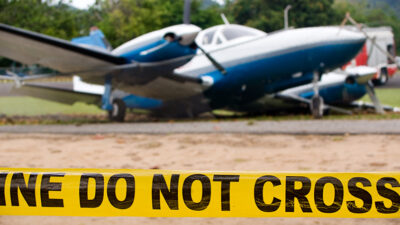The Care of Survivors and Families
The plan for your response to survivors and their families is one of the most important parts of your program. If you make mistakes as you manage your response to victims and families it could irrevocably damage your personal and professional reputation. You and your team members need to be prepared if you intend to interact with the people most affected by the accident.
You require effective tools to:
- Reflect empathy
- Provide physical and emotional support
- Do the “right things”
You may be called upon to notify family members of victims. This is serious business and should be approached only after significant thought and training. Beyond the initial notification, you need a plan for:
- Providing logistical support to victims and their families
- Providing updates and briefings
- Arranging for memorials
- Coordinating the return of personal effects
- Maintaining long term contact with families and survivors
You may wish to begin your review of this subject by reading three documents:
- The Department of Transportation’s report on the “Task Force on Assistance to Families of Aviation Disasters,”
- The NTSB’s “Federal Family Assistance For Aviation Disasters,”
- The American Red Cross handout: “Coping with the Aftermath of an Aviation Disaster.”
These writings reference the concepts that revolve around a major airline loss but the general issues remain the same regardless of the size of the loss.
Your Global Aerospace claims team has the experience and assets to help you deal with these difficult issues. The Global Safety team can help you train and prepare. Don’t hesitate to contact us.

As a world-leading provider of aerospace insurance, Global Aerospace has been servicing the needs of the aviation industry for 95 years.
https://www.global-aero.com
© 2024 Global Aerospace, Inc.. All Rights Reserved.
Next ArticleRelated Posts

Fatal Accidents and Personal Effects: Why Expert Handling Is Essential
The devastating consequences of fatal aviation accidents cannot be overstated. An organization relies on its Emergency Response Plan (ERP) to navigate such a tragedy.

Aviation Emergency Response and the Media
With recent advancements in technology, the media has become more accessible to everyone, and social media platforms have greatly increased the speed with which information can be shared. As a communication method, the media can be an excellent tool to reach a large audience in a timely manner. However, this ease of access and the nature of modern techniques to drive viewership leads to important considerations in emergency situations.

